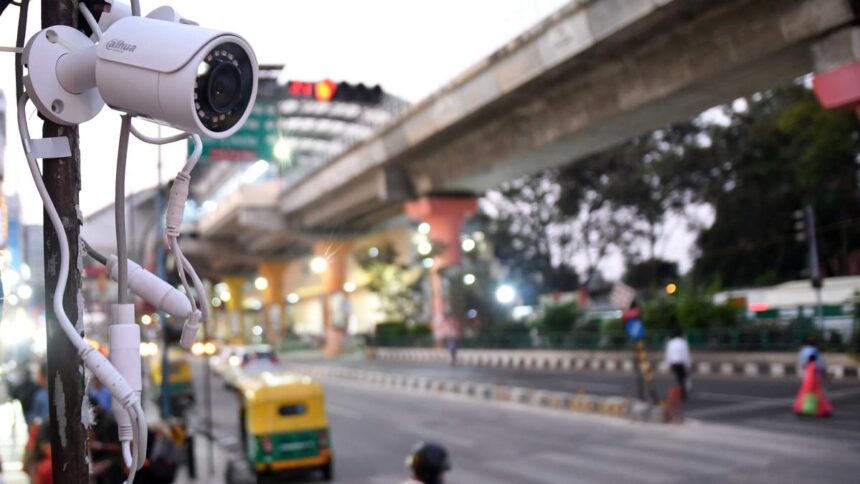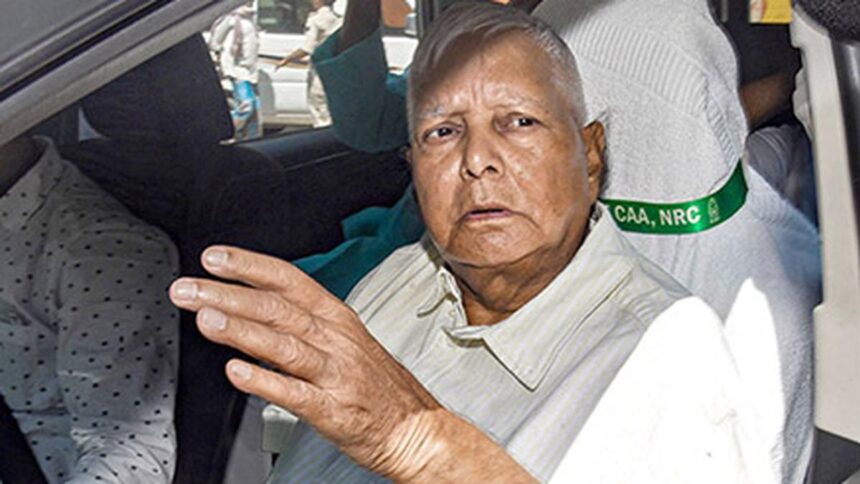The Madurai Bench of the Madras High Court dismissed the petitions filed by four police personnel from Thoothukudi who sought suspension of sentence and bail. They were sentenced to life imprisonment by a trial court in connection with a 1999 custodial death case.
The court was hearing the petitions filed by Subbiah, S. Ramakrishnan, Jeyasekaran and Veerabahu. The petitioners were among the nine police personnel who were sentenced to life imprisonment by the First Additional District and Sessions Court in Thoothukudi in connection with the custodial death at Thalamuthu Nagar police station in Thoothukudi in 1999.
The case of the prosecution is that a salt pan worker from Mela Alangarathattu, C. Vincent, was brought to the police station for an inquiry over supply of country bombs. During the inquiry, he denied supplying the bombs. He complained of chest pain and was taken to a private hospital for treatment.
After his health deteriorated, he was taken to a government Hospital in Thoothukudi. The doctors declared him brought dead. Vincent’s wife Krishnammal filed a complaint.
In April 2025, the trial court after analysing the evidence found nine of the eleven accused guilty and sentenced them to undergo life imprisonment. Challenging the conviction, the petitioners filed the appeals and the petitions seeking suspension of the sentence pending appeal.
The State submitted that as per the post-mortem report, around 38 injuries were found on the body of the deceased. Though the incident took place in 1999 and the trial commenced in 2024, the prosecution could not be held responsible for the delay. The accused were solely responsible for the delay, it was submitted.
A Division Bench of Justices A.D. Jagadish Chandira and R. Poornima observed that the trial commenced after 25 years and the accused were responsible for the delay. The contradictions and improvements could not be examined in an application for suspension of sentence, more particularly when the accused had been convicted for life imprisonment.
The delay in the trial proceedings could not be attributed to the prosecution and it did not weigh in favour of the petitioners. The trial court after meticulous analysis of the available materials and after a full-fledged trial had found the petitioners guilty of the offences. In view of the serious nature of the offences and the absence of procedural infirmity, the court observed that there was no grounds to suspend the sentence.
Published – July 23, 2025 10:19 pm IST




















